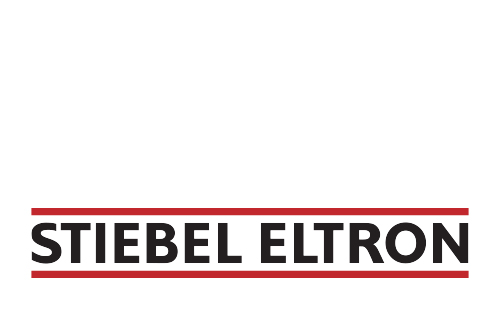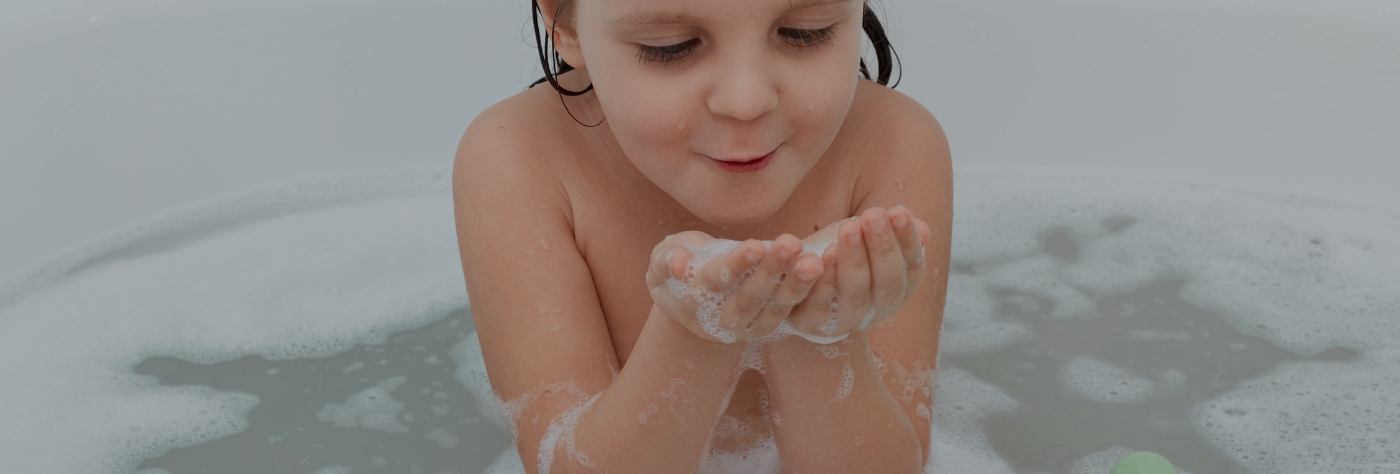Winter can be challenging for electric tankless water heaters, especially in cold climates. Electric models can struggle to provide endless hot water when the groundwater temperature drops. In colder conditions, electric units may take longer to heat up water, potentially disrupting the supply you expect.
For those using these systems, preparation is key to ensuring your heater operates smoothly through the winter months. Installing necessary protections can help prevent freezing and damage. Techniques like insulating pipes or using heat tapes are effective ways to avert problems related to freezing temperatures.
Proper maintenance also plays a vital role in the longevity and performance of your unit. Regular checks and timely servicing help keep it in good shape, even during harsh weather.
Key Takeaways
- Electric tankless heaters may struggle in cold weather.
- Prevent freezing with insulation and heat tapes.
- Regular maintenance ensures longevity and efficiency.
Understanding Electric Tankless Water Heaters
Electric tankless water heaters offer many advantages for anyone looking to improve their home's water heating efficiency. These systems provide endless hot water, save space, and operate efficiently in cold environments.
Key Features and Benefits
Electric tankless water heaters are compact and require less space compared to traditional water heaters. This is great for homes with limited space. These units heat water on demand, providing endless hot water whenever you need it.
You can enjoy a hot shower without worrying about running out.
They also use a heat exchanger to warm the water, which improves energy efficiency. This means you can save on energy bills while still enjoying the comfort of hot water. Electric models are typically easier to maintain and install than their gas counterparts.
How They Work
These heaters operate by using electrical resistance to heat water as it passes through the unit.
When you turn on the tap, cold water travels through the heater’s heat exchangers. This system quickly raises the temperature to meet your needs.
The key advantage is that there is no storage of hot water. This results in less energy waste since water is only heated when you need it.
The temperature rise depends on the power of the unit and the demand. More powerful units are suitable for colder climates where larger temperature increases are necessary.
Installation Considerations for Electric Tankless Water Heaters
When installing an electric tankless water heater, it's important to consider the size and model of the unit, as well as its electrical needs.
You'll want to ensure it fits your plumbing system and provides enough hot water during winter months.
Selecting the Right Size and Model
Choosing the correct size for your electric tankless water heater is crucial. Consider your household's hot water demands and the flow rate required. Look for models that match your plumbing system and provide efficient water heating even in winter.
For a residential tankless water heater, ensure the unit can handle simultaneous uses, like showers and dishwashers, without compromising water temperature.
It's beneficial to select a model known for durability and efficiency, fitting well with your fuel type needs, especially during colder months. This will ensure a steady supply of hot water while minimizing energy costs.
Electrical Requirements and Safety
Electric heaters demand specific electrical setups. You'll need to check your home's electrical capacity and possibly upgrade to meet the water heater installation requirements. The unit might need a dedicated circuit and proper wiring to function safely.
Ensure the installation follows local codes and standards. Using a licensed electrician can help prevent safety hazards.
It's essential to install inline pressure and flow control valves to maintain a stable water supply and protect the system from damage, especially during winter when demands fluctuate. Adhering to these guidelines ensures both efficiency and safety in operating your tankless water heater.
Weather Challenges for Tankless Systems in Winter
Cold weather brings specific challenges for tankless water heaters. The impact of freezing temperatures on these systems and maintaining their efficiency in cold climates requires proactive measures.
Impact of Freezing Temperatures
Freezing temperatures can pose significant risks to your outdoor tankless water heater. Without proper freeze protection, the water inside the unit can freeze, causing pipes to burst.
Many modern heaters come equipped with electric freeze prevention features that protect internal components down to -5 to -22 degrees Fahrenheit. It's crucial that these heaters are connected to power to function effectively.
In addition to built-in features, outdoor water heaters may require additional insulation to shield them from harsh elements. Surrounding your system with insulated covers or blankets can help retain warmth and prevent the water in the system from freezing. Installing your heater in a sheltered location will add another layer of protection.
Maintaining Performance in Cold Climates
In winter, maintaining performance is vital. Groundwater naturally becomes colder, making it more challenging for electric models to heat water quickly.
To combat this, consider adjusting the temperature settings to ensure water is heated adequately. Electric models may not always meet heavy demand during cold spells, especially if multiple fixtures are used simultaneously.
Regular maintenance is another essential step. Ensure your system's filters and vents are clean, allowing for efficient operation. Additionally, ensure all power connections are secure to maintain reliable performance during cold weather.
Preventing and Handling Freezing Concerns
In colder climates, ensuring that your electric tankless water heater operates efficiently in winter is essential. Taking the right precautions can help you prevent freezing, manage power outages, and maintain optimal performance.
Freeze Protection Features
Many electric tankless water heaters come with built-in freeze protection features. These devices keep the internal components from freezing by activating a small heater inside. Make sure your unit has this capability if you live in a cold climate.
Regular checks are important to ensure these features are functioning. Minor adjustments, like setting the temperature to an appropriate level, can also aid in keeping the system safe during frigid conditions.
Monitor for signs of freezing, such as unusual sounds or reduced water flow, so you can address issues promptly.
Insulation and Installation Best Practices
Proper insulation is key to preventing freezing. Use insulated materials around the pipes and the heater itself. You might consider installing pipe covers to help keep the heat in, especially if your unit is located outdoors.
During installation, ensure there’s enough ventilation to prevent moisture buildup, which can lead to problems. Using heat tapes can add an extra layer of protection for the pipes, making them less prone to freezing.
Routine inspections can help identify weak points where freezing is likely to occur, allowing you to take corrective actions early.
Dealing With Power Outages
Power outages pose a significant risk in the winter. When the power goes, the heater shut downs, exposing it to freezing risks.
One preventive measure is to use a battery backup system to keep the essential components running temporarily.
It's also wise to drain the water heater if a long outage is expected. Doing so can help avoid damage due to sediment buildup.
Having a backup plan and knowing how to quickly react when the power goes out can save your water heater from damage and costly repairs.
Maintenance and Longevity of Electric Tankless Heaters
Maintaining an electric tankless water heater involves regular care to ensure it lasts for years and functions efficiently throughout its lifespan. You'll find that proper flushing and addressing common plumbing issues are crucial parts of this maintenance process.
Regular Flushing and Dealing With Sediment
Flushing your electric tankless water heater helps keep it free of sediment build-up. Sediment can decrease the heater's efficiency and shorten its lifespan.
To flush the system, you’ll need a tankless water heater flush kit, which typically includes a pump and hoses.
Begin by turning off the power and water supply. Then, use the kit to circulate a cleaning solution through the system. This removes mineral deposits and ensures smooth water flow.
It's recommended to perform this task every 12 to 18 months, especially in areas with hard water. Regular maintenance like this promotes better water heater performance and reduces the chances of failure.
Troubleshooting Common Plumbing Issues
Common plumbing issues like reduced water flow or inconsistent temperature can affect your heater's performance. One frequent problem is clogged inlet screens or filters. Cleaning these screens can restore normal function.
Inspect for leaks or unusual noises, which may indicate air in the system or issues with the plumbing connections. Address these promptly to avoid major breakdowns.
If you encounter persistent problems, consulting a professional is advisable. Proper attention to these aspects ensures your heater operates smoothly within the broader plumbing system, saving time and potential repair costs.
Frequently Asked Questions
Electric tankless water heaters can be effective in cold climates, but they may need additional protection from freezing. This section covers important details about performance, efficiency, and maintenance during winter.
How do electric tankless water heaters perform in freezing temperatures?
Electric tankless water heaters can still provide hot water in freezing temperatures, but their performance might decrease. It's important to ensure proper installation and use freeze protection methods like heat tape or insulation to maintain efficiency in cold weather conditions.
What are the best electric tankless water heaters for cold climates?
Some of the best options for cold climates include models from manufacturers like Rheem, Rinnai, and Bosch. These units often come with advanced freeze protection and can maintain water temperature even during harsh winters.
Can a heat pump water heater be effective in winter conditions?
Heat pump water heaters can work effectively in winter, but their efficiency may drop compared to regular electric heaters. They often require a mild surrounding temperature to operate optimally, so performance might vary based on specific winter conditions.
What measures should be taken to protect a tankless water heater in freezing weather?
To protect a tankless water heater in freezing weather, ensure it is properly insulated and consider using heat tape. You can also follow steps to winterize your tankless water heater to prevent possible damage.
How does cold weather affect the efficiency of electric tankless water heaters?
Cold weather can affect the efficiency of electric tankless water heaters by increasing the demand for power to heat incoming cold water. The incoming water temperature is much lower, so the heater must work harder, which can reduce overall efficiency during colder months.
What maintenance steps are required to winterize an on-demand electric water heater?
To winterize your on-demand electric water heater, make sure to drain the system and remove any water from pipes. Insulate around the unit and use appropriate methods such as applying antifreeze and heat tape to protect against freezing temperatures.
Ensure Winter Warmth with Stiebel Eltron's Electric Tankless Water Heaters
At Stiebel Eltron, we know that winter demands reliable and efficient heating solutions. Our electric tankless water heaters are engineered to perform exceptionally, even in the coldest months.
Designed with advanced technology and built from high-quality materials, our heaters provide consistent and efficient hot water on demand, ensuring your comfort all winter long.
Trust Stiebel Eltron to deliver the efficiency and reliability you need to keep your home warm and your water hot, no matter how low the temperatures drop.
Choose Stiebel Eltron and experience the peace of mind that comes with superior winter performance.

